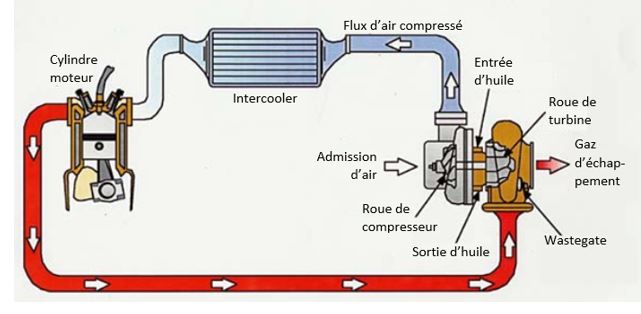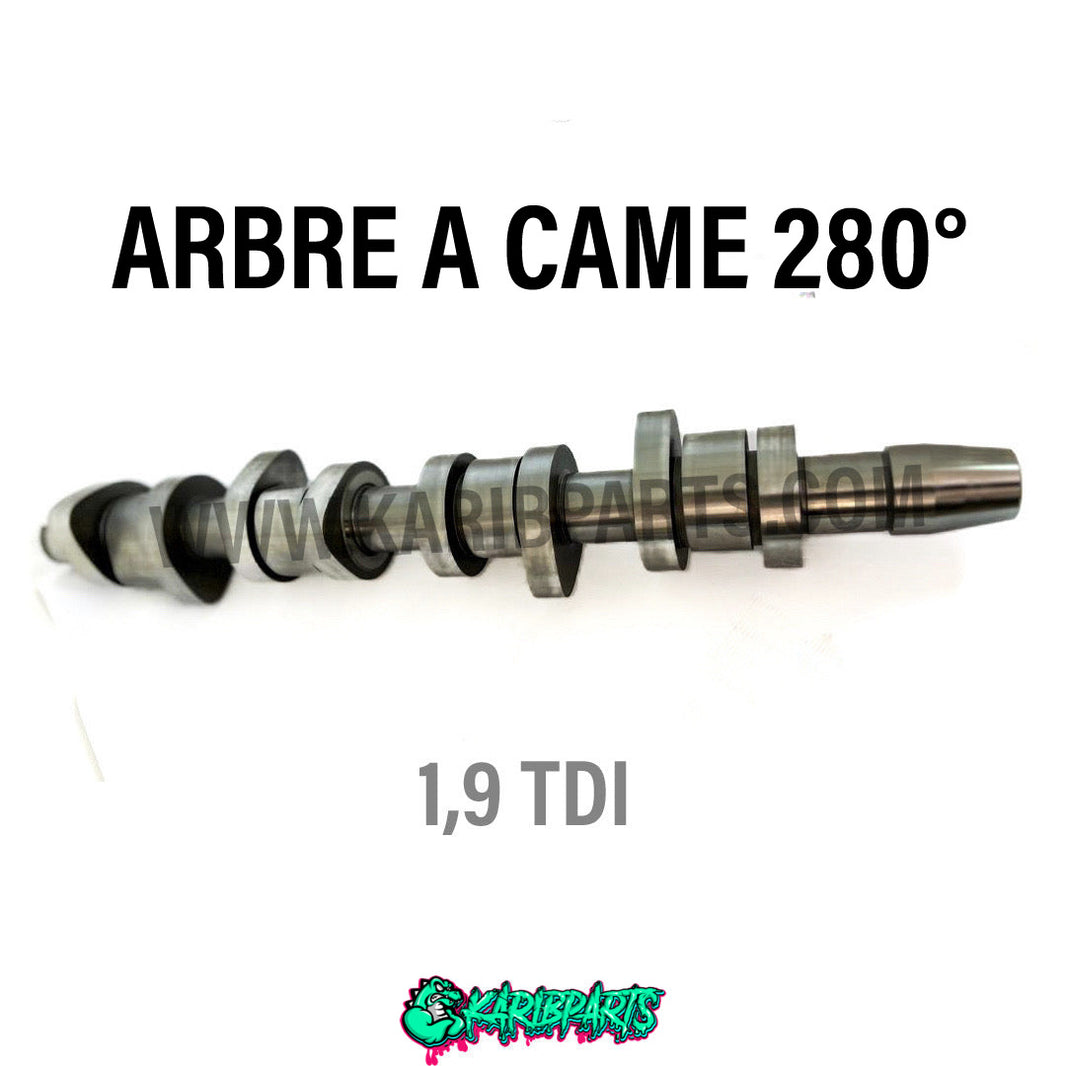Many vehicle engines are equipped with a turbo. This turbine, which is now grafted to both diesel and gasoline engines, has the mission of increasing the quantity of air in an engine, in order to increase its power and performance.
This invention, patented in 1902 by Louis Renault, saw its advent after the Second World War. It made its debut on the production (and competition) models of the diamond brand in the 1970s.
Over the years, the turbo has become a key part of diesel engines. They have then experienced unprecedented disappointments.
Known reliability issues with Renault turbos
From the end of the 90s until the end of the 2000s, this organ experienced serious reliability problems at Renault, particularly on the engines: 1.5 dCi (55 to 105 hp) and 1.9 dCi (105 to 120 hp).
It has been the cause of several engine runaway phenomena (known and recognised events), such as that encountered by the minivan in the accident of 20 July 2020 on the A7 motorway.
This terrible accident should not fuel the psychosis surrounding turbo engines, especially Renault. It is important to remember that a faulty turbo can also be the consequence of high mileage, an old and/or poorly maintained vehicle (read below: how to pamper your turbo).
The Isère departmental road safety squadron (EDSR) - to whom the investigation was entrusted - specified that the Renault Grand Scénic in question dated from 2005. According to the preliminary report of the legal expert in mechanics, it was "the breakdown of the turbo, which caused the engine to race and then catch fire" announced the prosecutor of Valence Alex Perrin.
What to do if your engine goes crazy?
If your car's engine is racing:
- remember to shift into neutral so that the engine no longer drives the drive wheels.
- and brake!!
- do not switch off the ignition by removing the key from the ignition switch or the hands-free card, otherwise you will block the steering!
If once stopped, the engine continues to run at full speed - for versions with manual gearbox - try to stall it by engaging 5th or 6th (foot on the brake, while engaging the clutch)
This is not possible with models equipped with an automatic transmission.
Technically, a turbo problem does not directly affect other parts of the vehicle, such as the braking system. However, a fire can complicate things. In any case, press the brake pedal with all your strength to try to slow the vehicle down safely.
What causes a turbo engine to rev?
> A sealing problem
It may be due to wear of the bearings. In this case, either the oil passes directly into the exhaust, via the turbine, and blue smoke appears. Or, into the intake via the compressor. The lubricant is then burned in the engine and can cause it to race.
Warning Signs of a Tired Turbo
How do you know if your vehicle's turbo is showing signs of fatigue? Here are some points that should alert you and encourage you to go to your garage:
> loss of power
> whistling when accelerating
> smoke from exhaust
> overconsumption of oil
Replacing a turbo costs between €1,500 and €2,000 (parts and labor).
How to preserve your vehicle's turbo?
Here are some tips from Auto Plus to pamper your engine's turbo!
> Regular maintenance essential
A turbo is very sensitive to the quality of the engine oil. It is therefore particularly important to follow the maintenance schedule in terms of lubricant viscosity and the interval between two oil changes. And since the high performance of modern blocks - especially diesels - puts the oil under severe strain, opt instead for the "severe maintenance" recommended in the maintenance schedule, which halves this interval. If you do not drive much and the mileage deadline is not reached within the year, still carry out the oil change once a year. In addition, each oil change must be accompanied by a new filter. Do not let the air filter become clogged either. The turbo then has to make an additional effort, which in the long term can damage the compressor blades.
> We respect the heating time!
Too rapid thermal variations can also damage moving parts. Always wait until the engine has reached its operating temperature before pushing it (10 min). Conversely, after heavy loads such as a motorway journey or a mountain road, try (if possible) to calm things down a few minutes before stopping completely.
> You don't suddenly turn off your engine
Oil pressure is vital for the proper functioning of the turbo. However, it is generated by the engine. If you turn it off, while the turbo is still running (inertia 100,000 to 200,000 rpm), major damage is to be feared. Consequently, always let the engine run for a few seconds at idle before stopping it.
> Remember to clean your engine
Increasingly sophisticated, turbos have moving parts that channel air according to engine speed (variable geometry). A technology that is very sensitive to fouling. Once a month, carry out a motorway cleaning. On a diesel, this walk will also clean the particle filter.
with Pierre-Louis Champeaux


